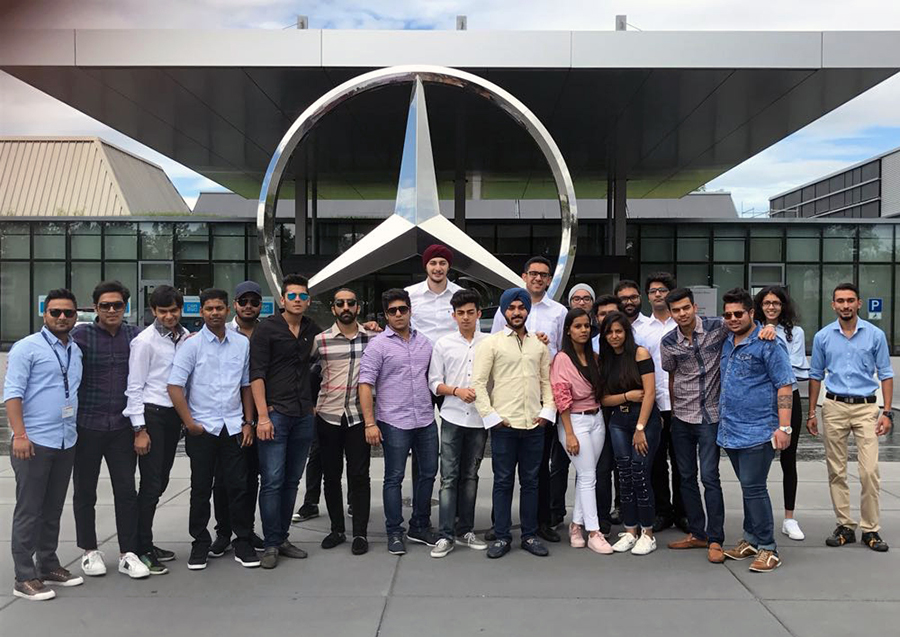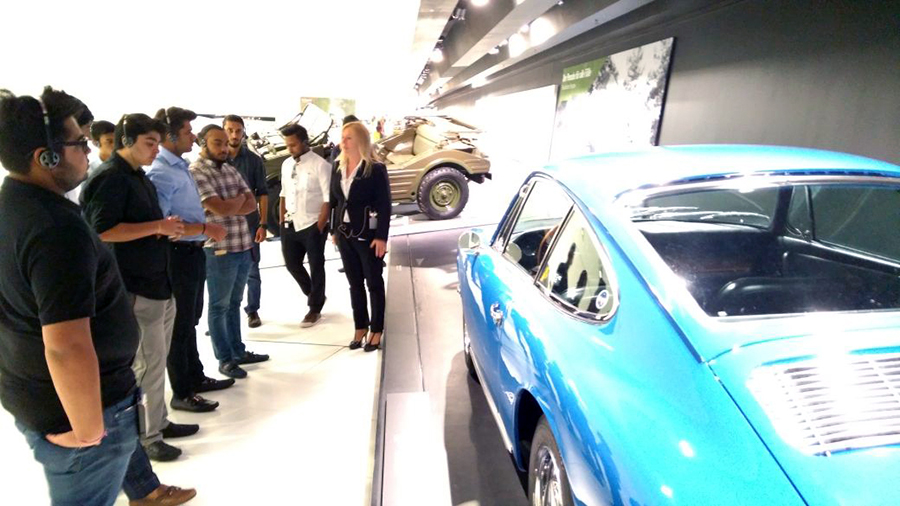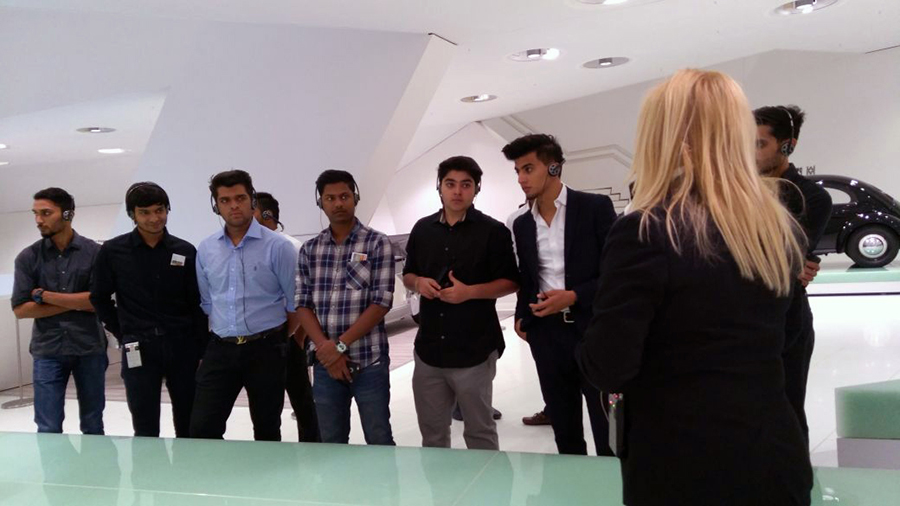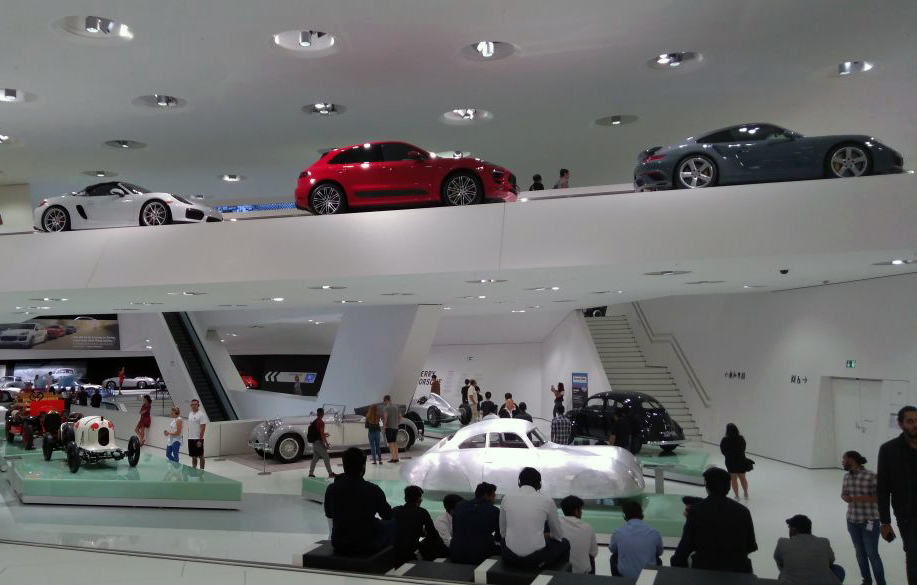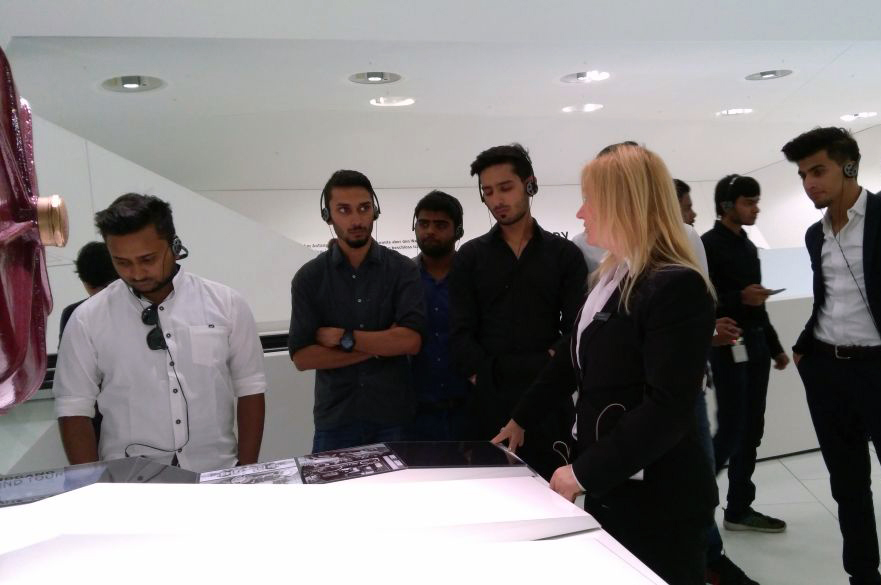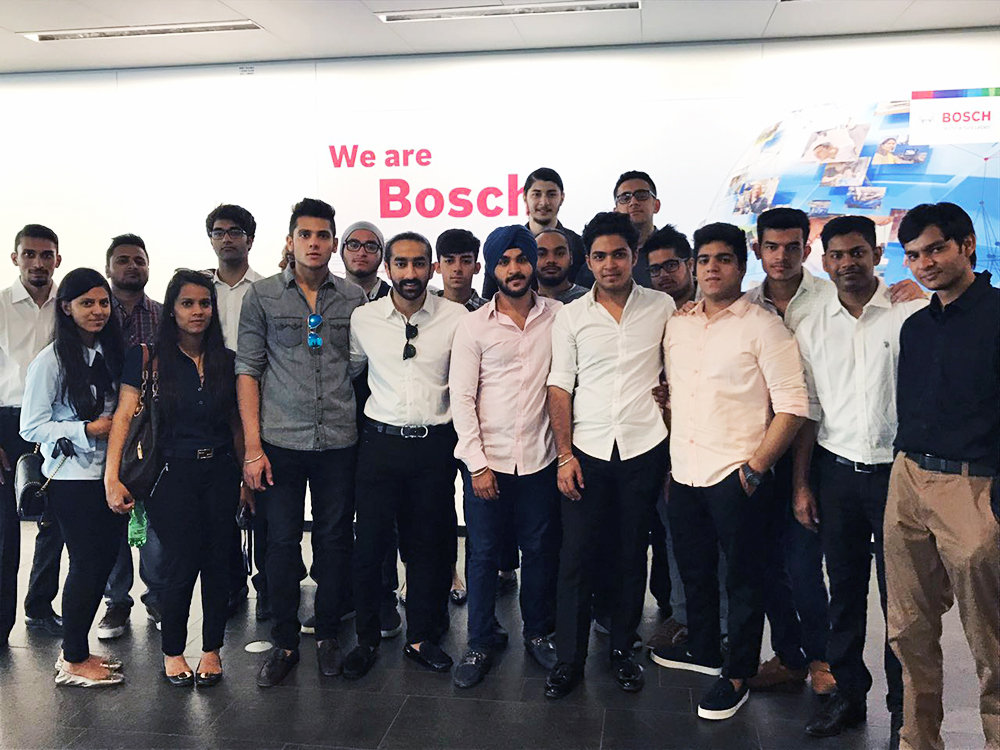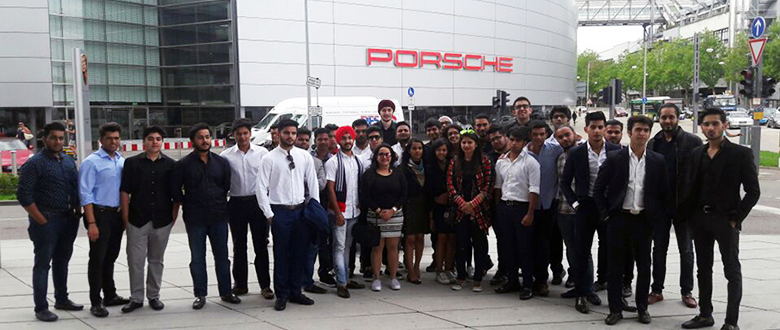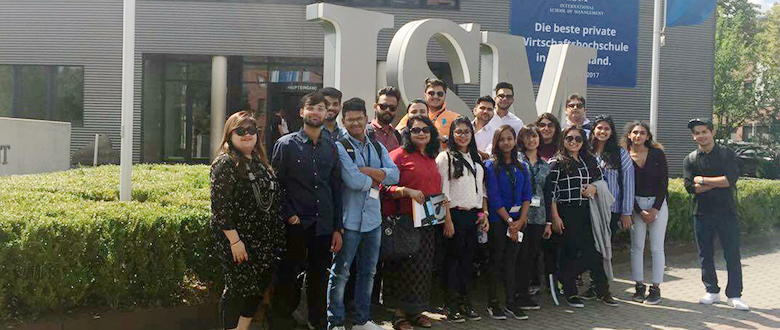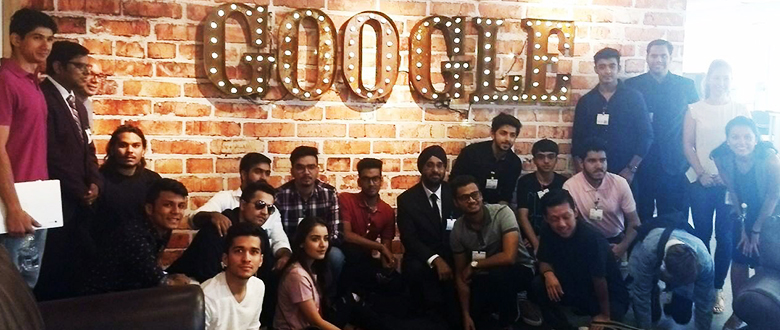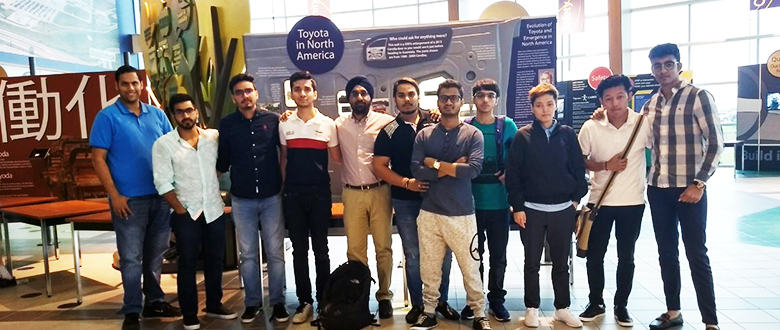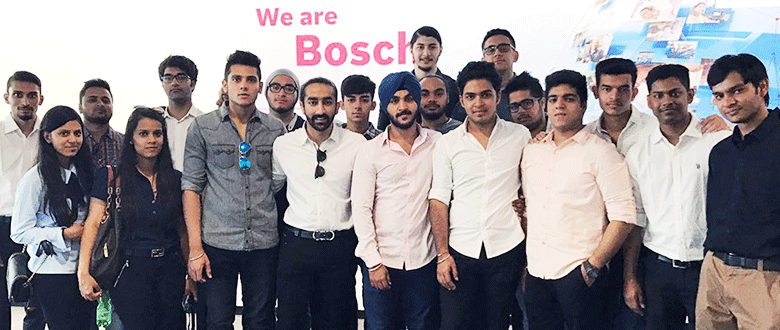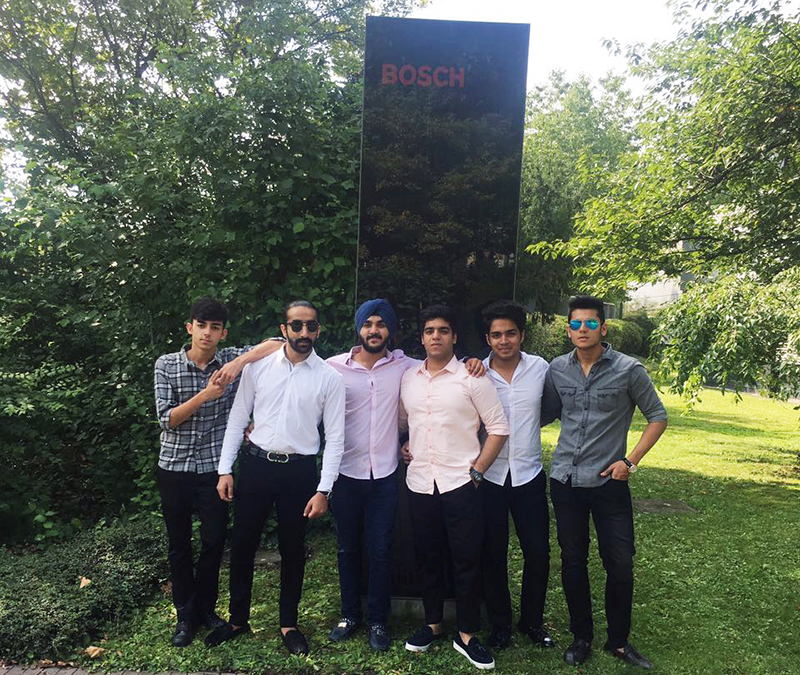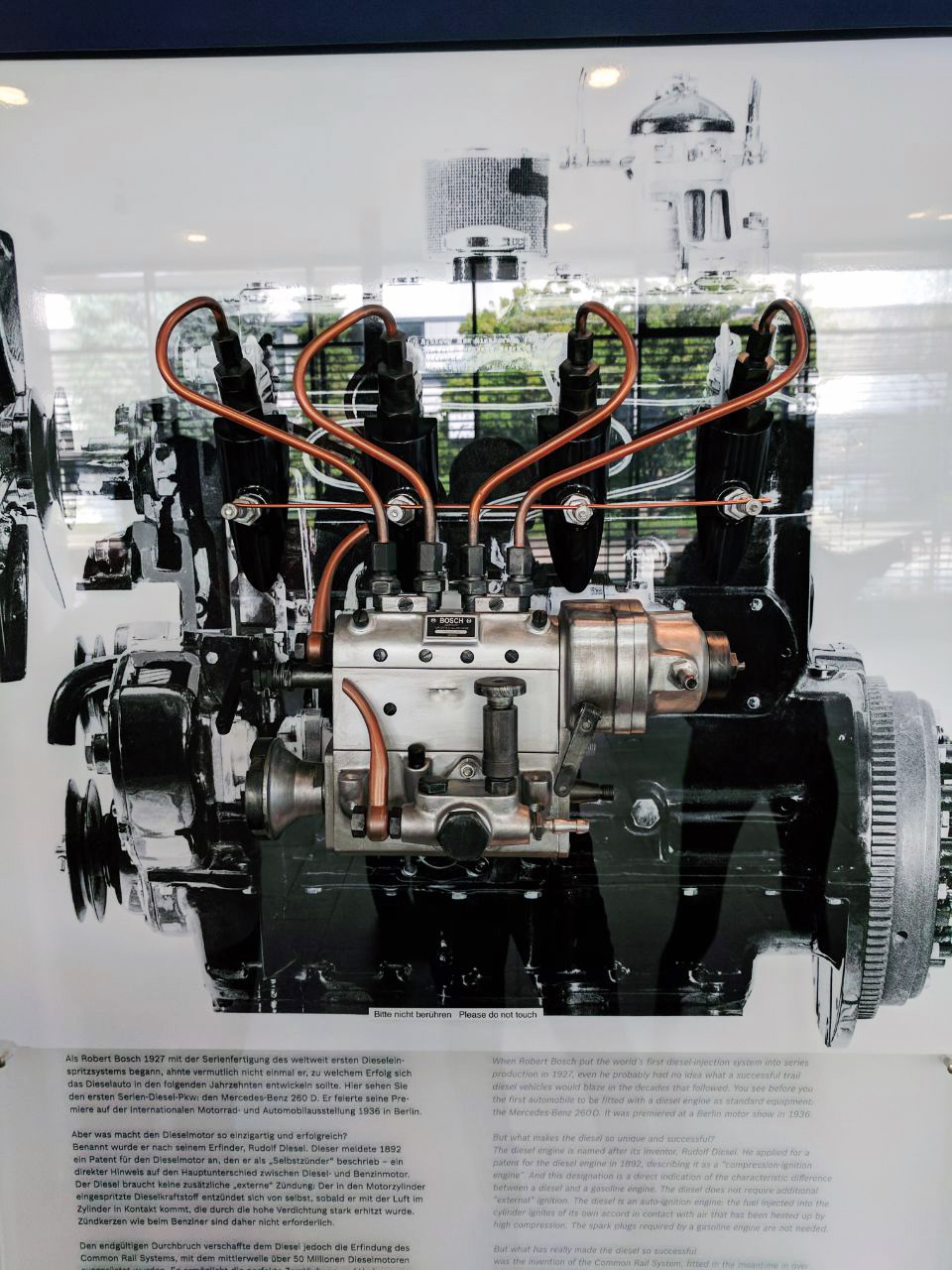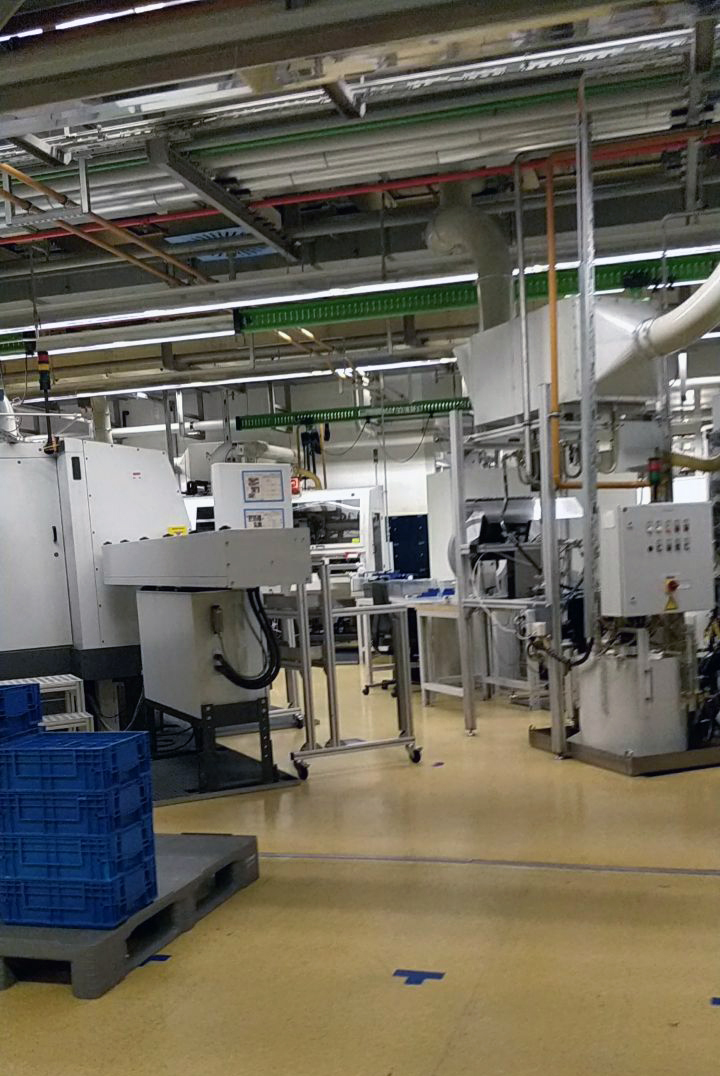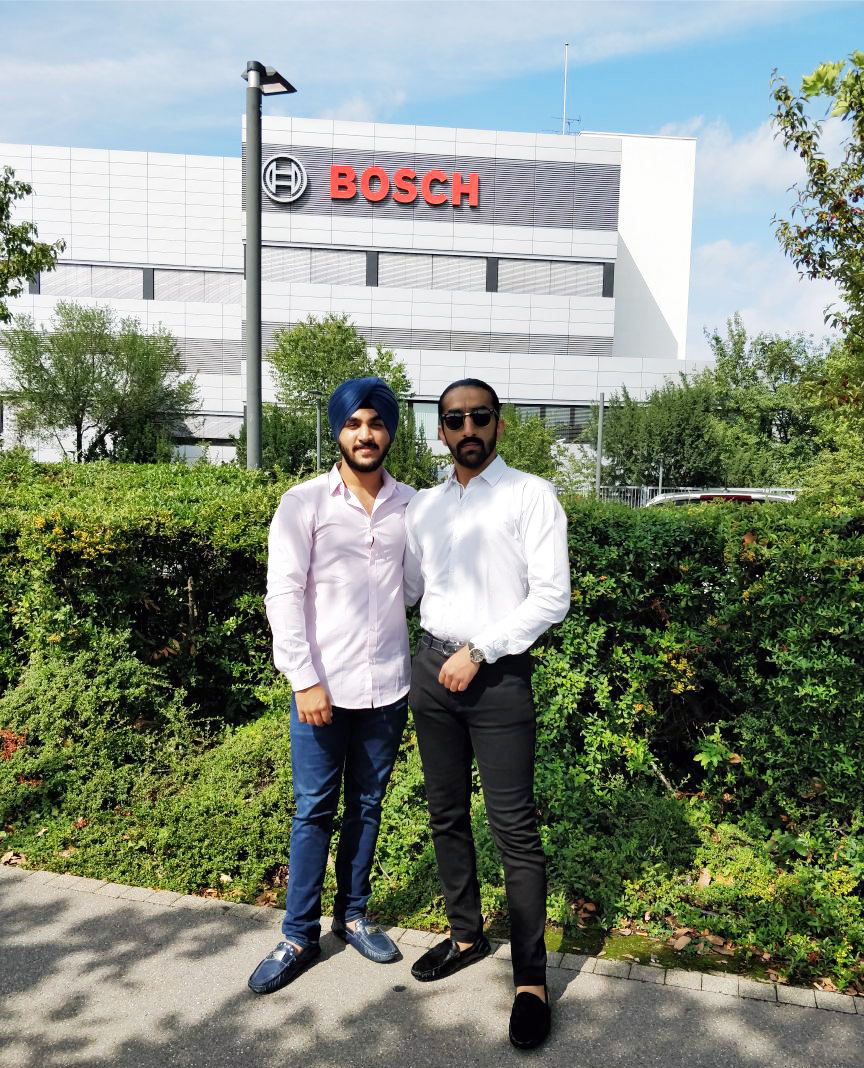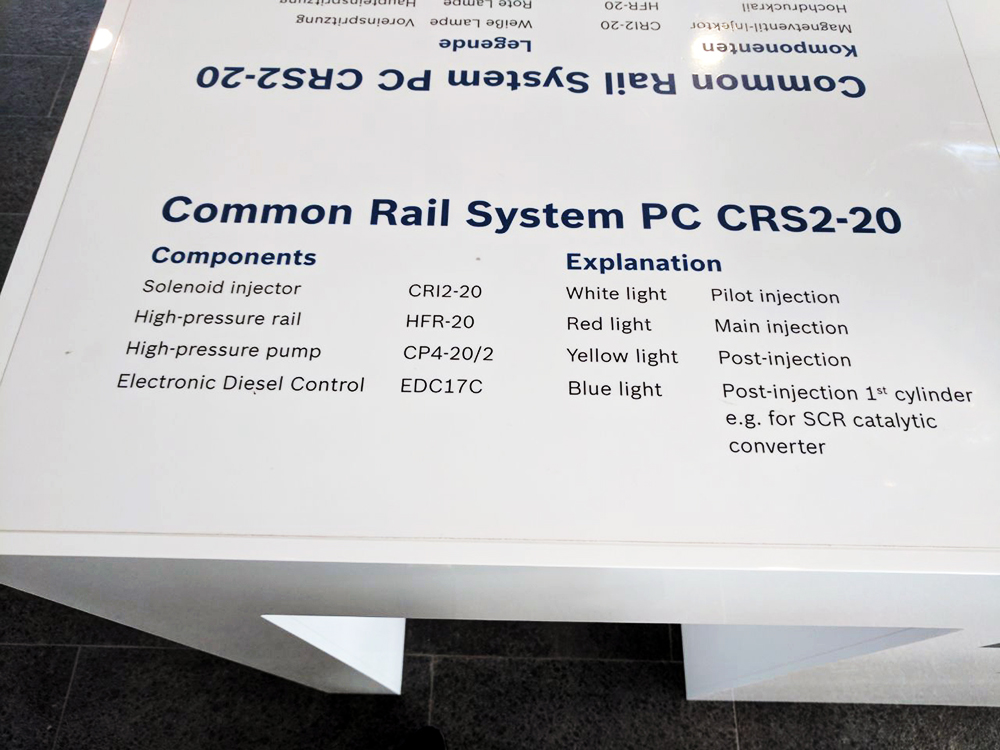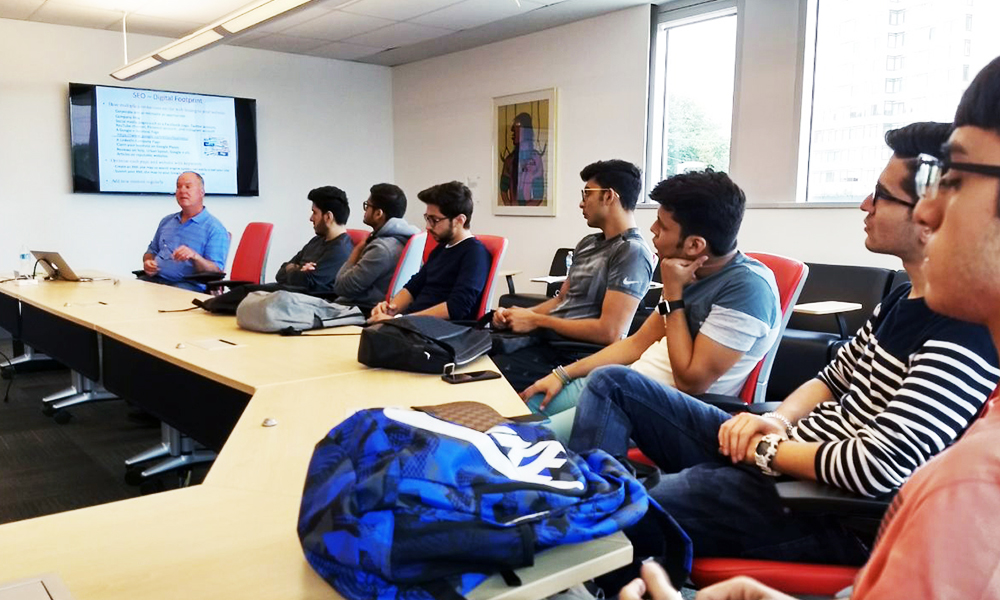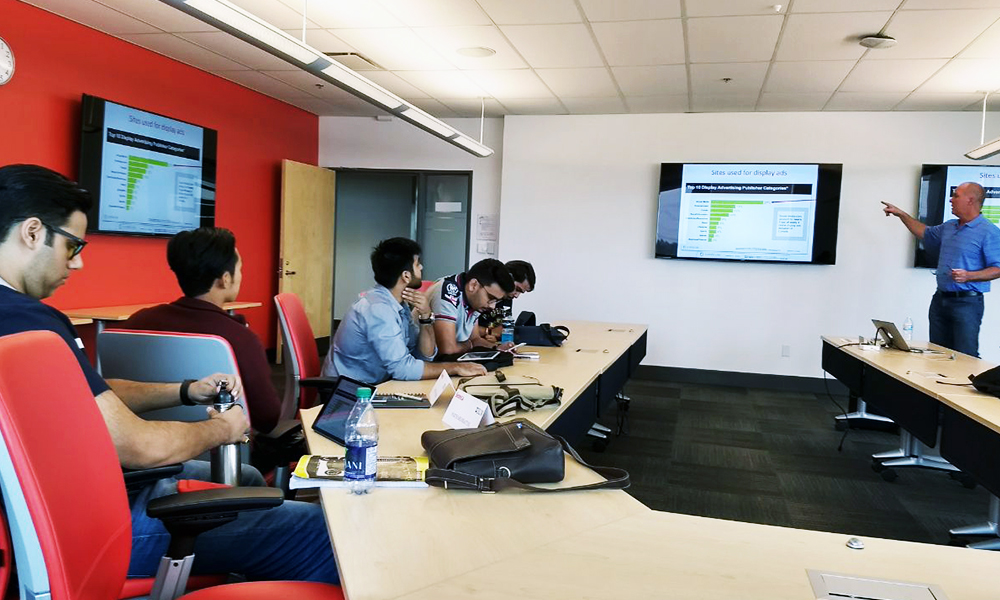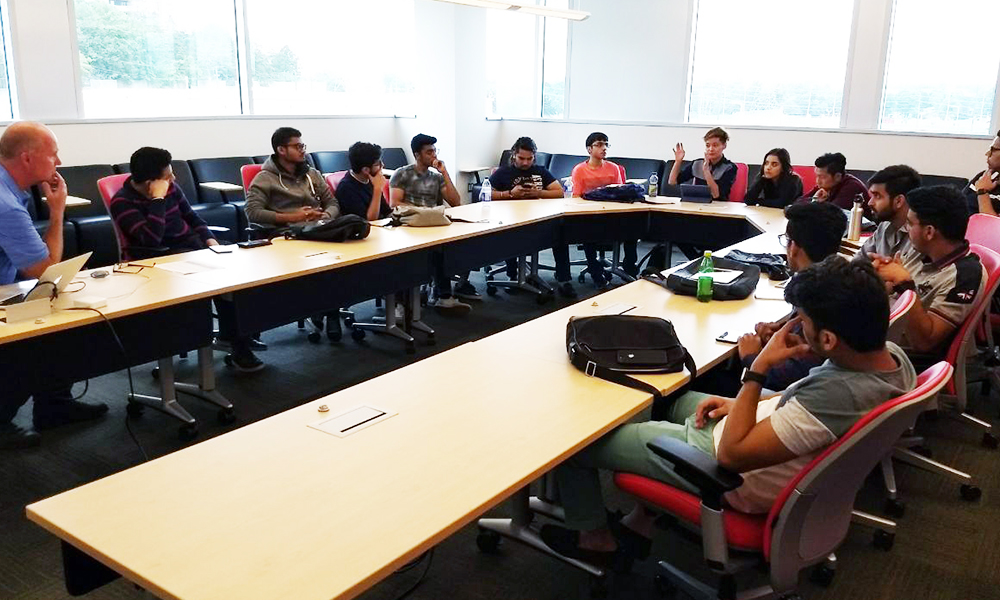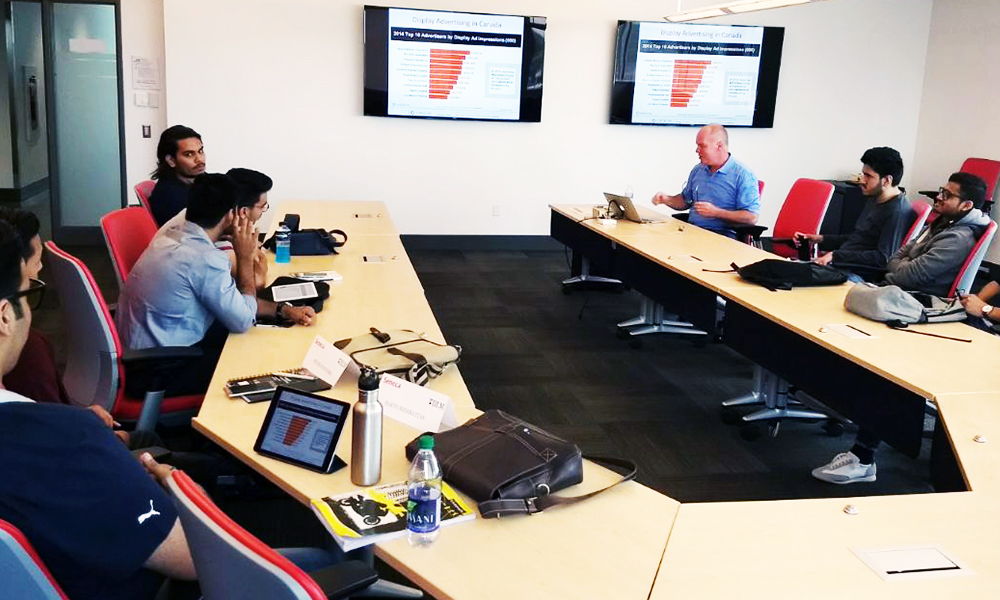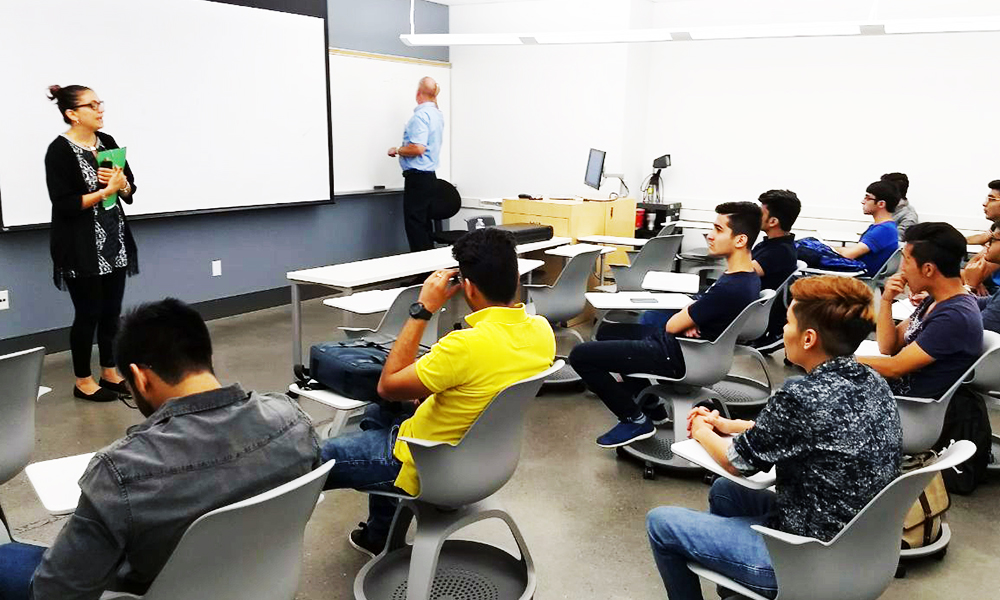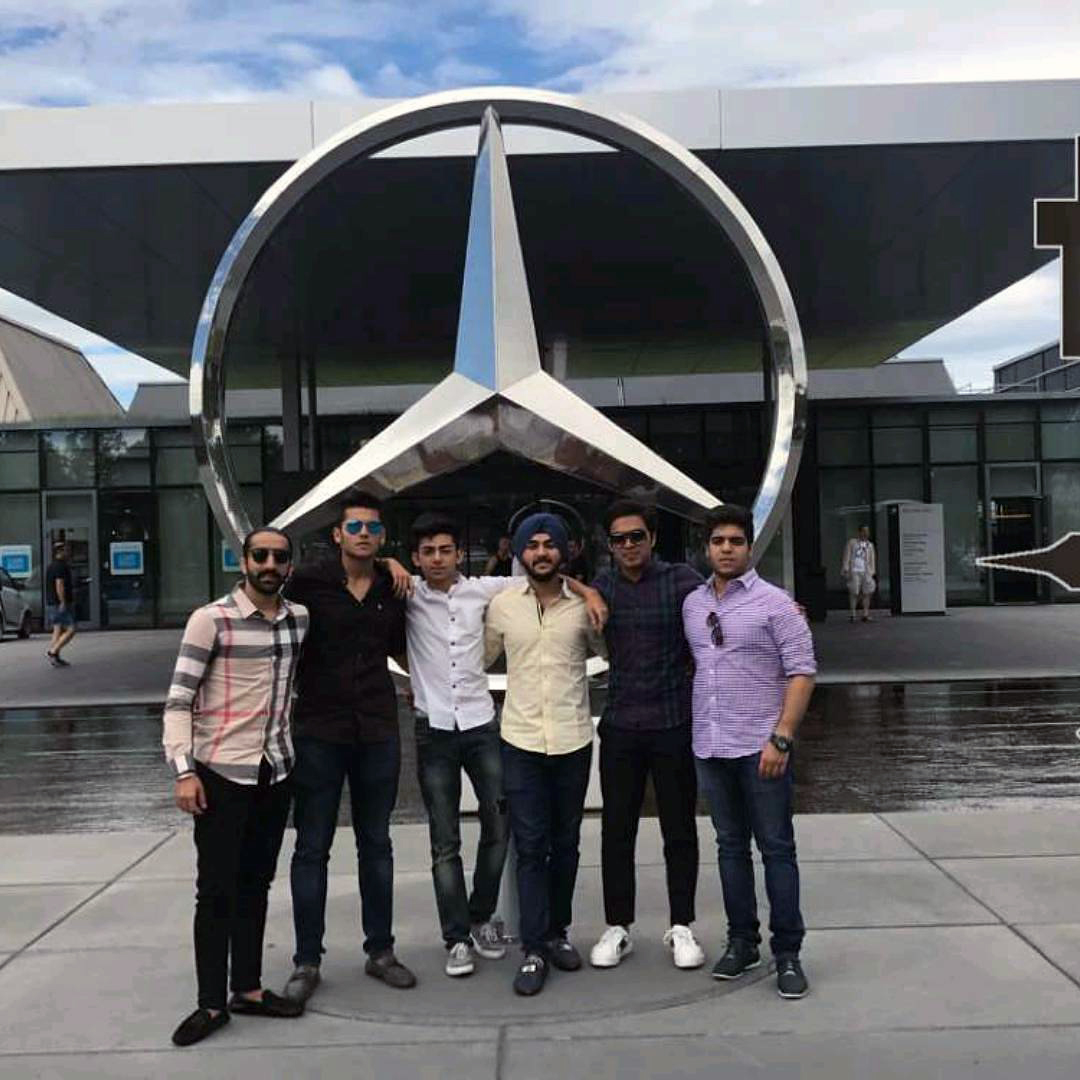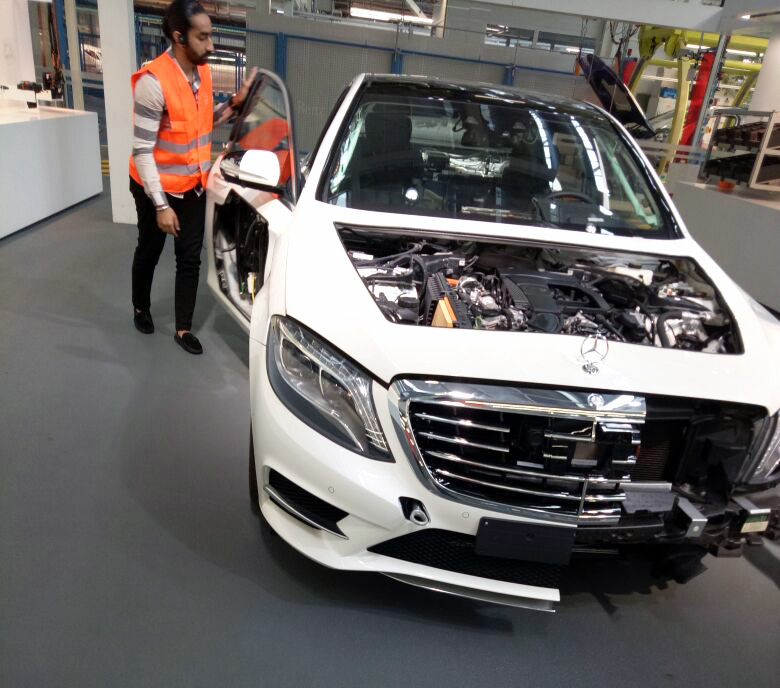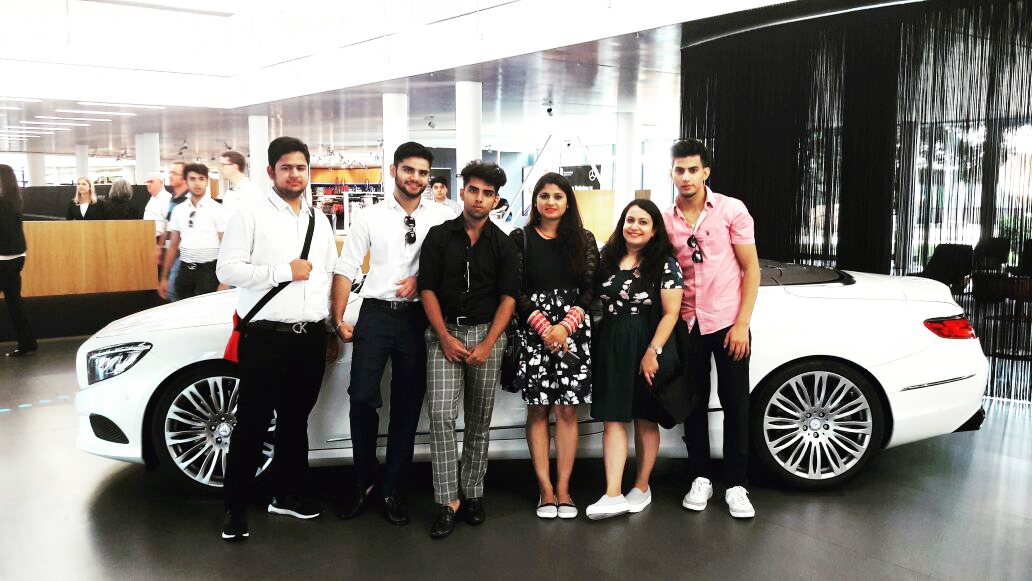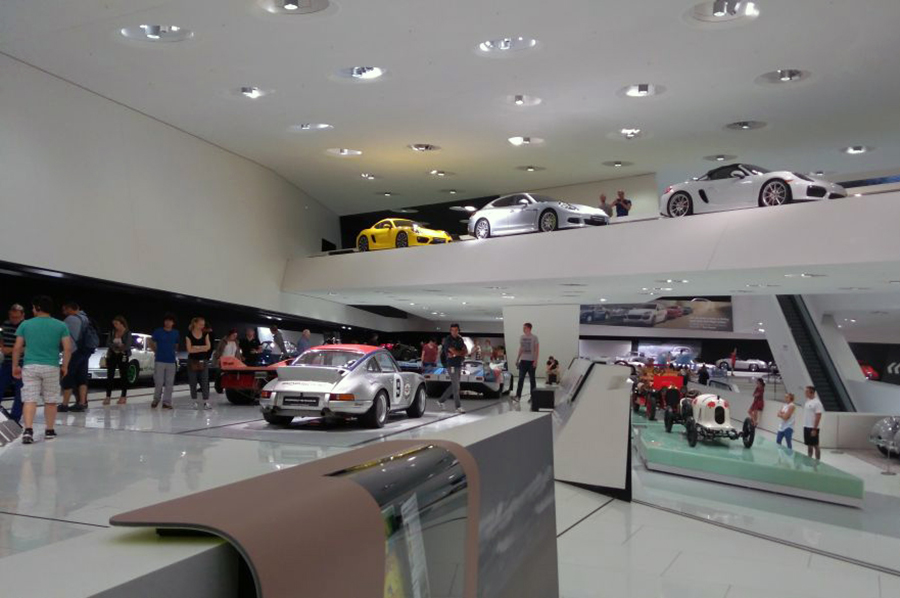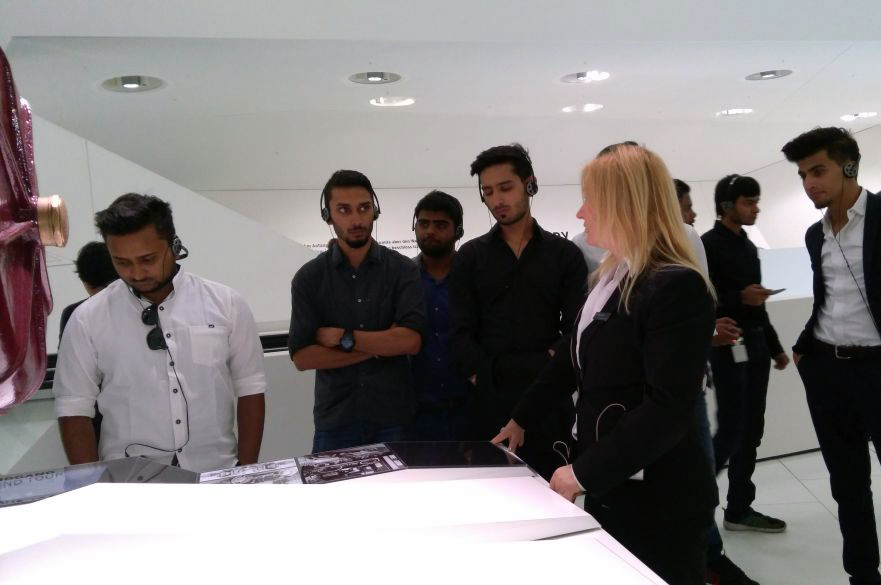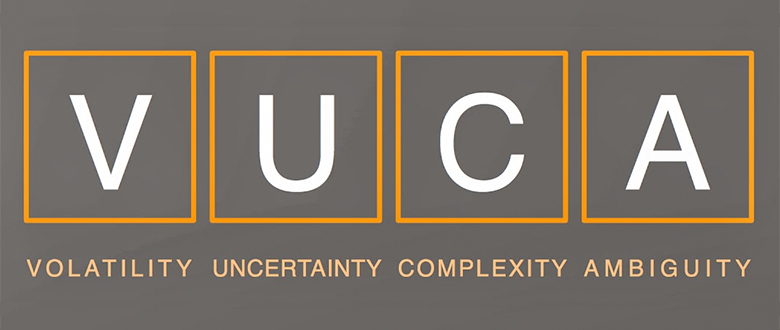Structured products are securities whose cash flow characteristics depend upon one or more indices or that have embedded forwards or options or securities where an investor’s investment return and the Issuer’s payment obligations are contingent on, or highly sensitive to, changes in the value of underlying assets, indices, interest rates or cash flows. They are a combination of a traditional investment in financial assets (like equities, currencies, bonds, commodities, or funds) and one or more derived instruments that are prearranged into one securitized instrument. These products are created to meet specific needs of investors that cannot be met from the standard exchange traded financial instruments available in the public equity, debt or derivative markets. They may be used as a substitute to a direct investment, as instruments of speculation, or as a part of an asset allocation process to reduce risk exposure of an existing portfolio or asset.
Types of Structured Products
Based on the review conducted by Office of Compliance Inspections and Examinations, USA structured products are issued and offered in five basic categories with varying payouts and risks. The most basic category has been referred to as partial or full “principal protected” notes. Such notes typically have returns linked to broad-based equity market indices, such as the S&P 500, and Nasdaq. Principal protected structured products with full protection tend to have the lowest yields, due to their principal protection component. These instruments might have maturities of five years or more, but they usually have a duration of 6 months to 2 years.
Enhanced-income notes – typically pays a higher coupon base and has capped returns tied to the value/performance of the underlying asset and may include at least some level of “principal protection.” The underlying assets for enhanced income notes typically include single stocks, baskets of stocks, and indices. Enhanced-income notes with indices as the underlying reference are typically coupled with increased principal protection and have longer maturities and lower yields than others. These instruments typically have maturities of 5 years or less with the majority having maturities of 1.5-2 years.
Another category, performance/market participation notes are linked to underlying assets such as gold, or investment strategies, such as long-short strategies, that are not otherwise easily accessed by small investors.
Still another category of structured products are the leveraged/enhanced participation notes that offer a leveraged upside. The notes may pay a return two to three times the return on the underlying, usually with a cap on the return and no principal protection.
The fifth category, these basic structures are often added and/or adjusted with each other to form other numerous varieties, most notably reverse convertible notes. Reverse convertibles linked to a single entity are the riskiest products available to retail investors. In essence investors are, purchasing a security with the sale of a put option embedded in it. The payout of a typical equity-linked reverse convertible note is a high-level interest rate plus a return of principal at maturity if the equity increases in value during the life of the note. In case, if the underlying equity declines below a set trigger price at any time during the life of the note or if the equity closes below the initial level on the valuation date, instead of receiving the principal at maturity, the customer/investor will have “put” to him by the issuer a predetermined number of depreciated shares whose value on the date of maturity is less than the principal amount – while still receiving the coupon payments over the life of the note.
Risks associated with Structured Products
Any investment in a structured product does not provide an investor any right to the underlying asset. Additionally, there are substantial risks involved in a structured product that an investor must be aware of. In the following sections we discuss these risks.
Issuer Risk
Issuer risk or credit risk denotes the adverse effects of a fall in the issuer’s financial condition on the repayment value of the structured product and/or its price in the secondary market. In the event of the insolvency of the issuer, repayment may not be made at the end of the term – which implies the total loss of the capital invested.
Guarantor Risk (Credit Risk)
The guarantor will assume responsibility for paying all or part of the redemption price if the issuer is unable to do so. However participation of a guarantor does not make investing in capital protection products risk-free. For even the guarantors may also become insolvent and therefore be unable to meet their obligations. Investors always have to bear this risk.
Market Risk
Market risk means the risk of a loss that investors bear due to adverse changes in the value of the underlying. This may be triggered by a variety of causes, such as changes in relevant market variables (volatility, interest rates, equity-index levels etc) geopolitical events, lack of market transparency, particular imbalances between the supply of the underlying and the demand for it. An adverse change in the price of the underlying may also be caused by transactions conducted by the issuer in the course of its business activity.
Currency Risk
Currency risk refers to the adverse effects of fluctuations in exchange rates on the repayment value of the product and/or its price in the secondary market. The investor may be exposed to currency risk if the product is based on an underlying in a currency other than the issue currency, or the issue currency is different from the investment currency underlying the investor’s portfolio.
Liquidity Risk
Liquidity risk denotes the possibility that the investor may not be able to dispose of a structured product at any given time or at a reasonable market price because no binding prices are quoted for it. Additionally, demand supply imbalance in the secondary market of the underlying may lead to a bid-ask spread that may even result in the failure to sell the structured product (secondary market risk).
Commodity Risk
Investments in commodities may be subject to temporary illiquidity or larger price fluctuations compared to normal investments. This may result in a partial or total loss for the investor. Additionally lack of standardization may lead to an information deficit regarding the quality of a commodity. This can entail an increased risk for the investor. In case of physical settlement, it can be very expensive or even impossible to acquire the commodities to be delivered.
Emerging Market Risk
Emerging market risk refers to the possibility of a loss arising out of political instability, a weak economy, and/or relatively unpredictable financial markets and economic growth patterns. Insufficient or a lack of market supervision can further lead to a situation where investors cannot, or cannot easily, assert their legal rights. Moreover, legal systems that are not adequately regulated by government institutions can lead to substantial legal uncertainty. As emerging markets are more volatile, investors may suffer temporary, partial or total losses.
Structured products in India
Prudential ICICI in association with Deutsche Bank introduced India’s first capital-protected constant proportion portfolio insurance (CPPI) product for Indian investors, christened the Principal Protected Portfolio (PPP). In terms of market share, evidence suggests that capital guaranteed instruments are the most popular in Indian markets accounting for 83% of the market share. The most recent issue of such an instrument by Edelweiss Capital, ICICI Securities and IIFL Wealth Management is a form of secured non-convertible debenture (NCD) with a 18-month lock-in but investors get an option to sell before this period as the instruments are listed on exchanges. The product aims to benefit investors from the monetary easing expected from the RBI in the near term.
However, more exotic structures account for a miniscule part of the total market, possibly reflective of the emerging market risks that (global and domestic) investors face while investing in India.
